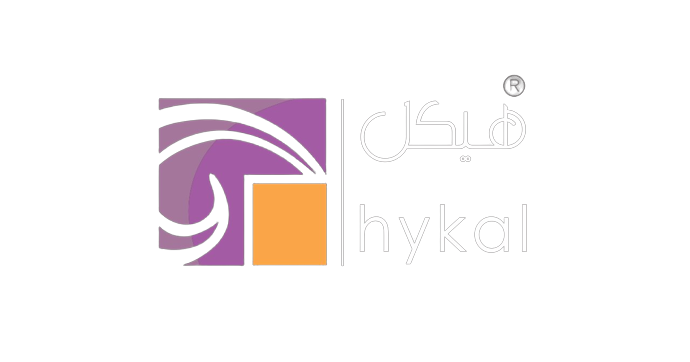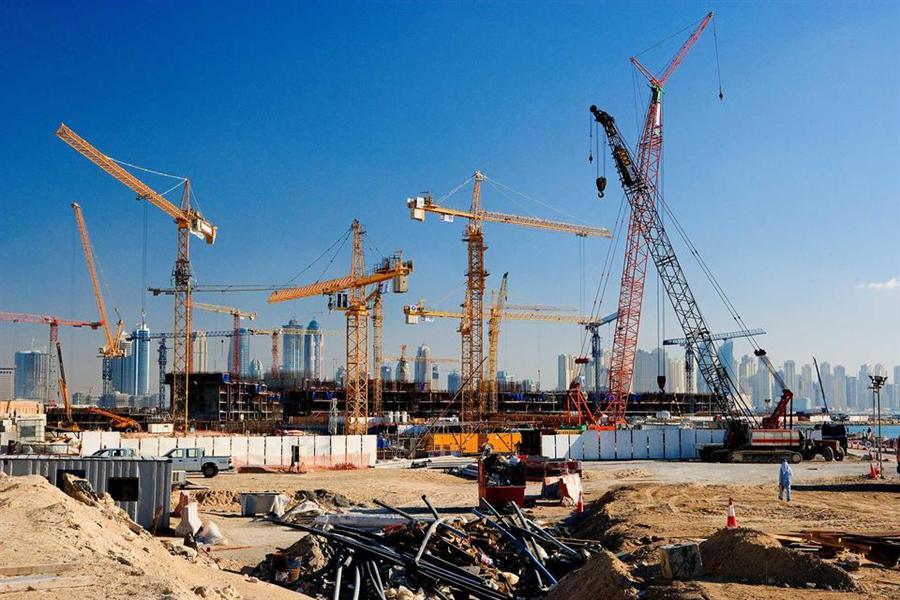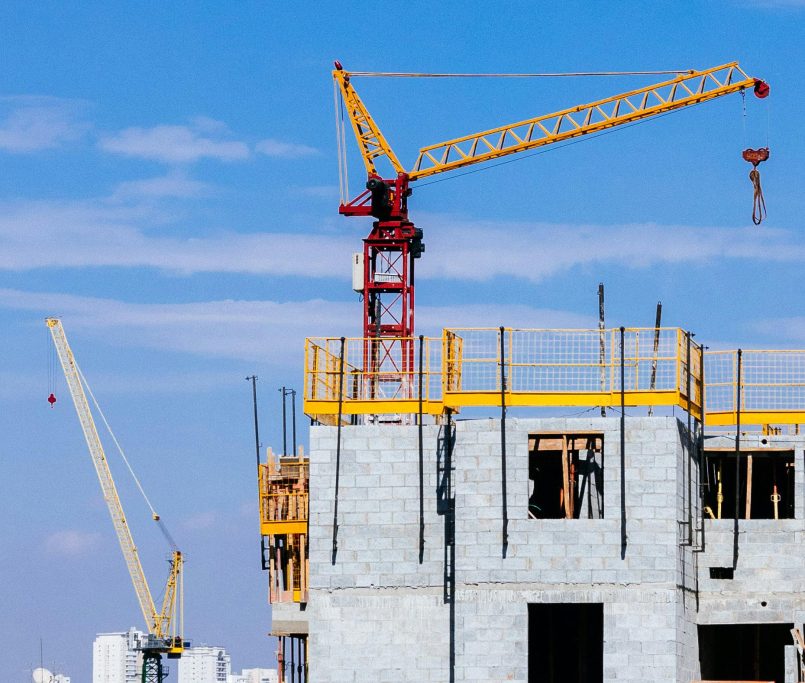Fast-Track Construction in Saudi Arabia: Delivering Vision 2030 at Record Speed
Fast-Track Construction in Saudi Arabia: Delivering Vision 2030 at Record Speed
Saudi Arabia’s construction industry is accelerating at a pace unprecedented in the region’s history. With giga-projects such as NEOM, Diriyah Gate, ROSHN, and Qiddiya advancing simultaneously, the Kingdom’s ambition to deliver a diversified, sustainable, and globally competitive economy by 2030 has set new benchmarks for speed, quality, and coordination.
Today, success in Saudi Arabia’s built environment is no longer defined only by scale or design excellence. It is defined by how fast and efficiently those visions become reality. This new era of fast-track delivery is reshaping how architects, engineers, and project managers work together to meet ambitious national timelines without compromising quality or safety.
The Urgency of Timely Delivery
Saudi Arabia’s Vision 2030 roadmap demands that entire cities, tourism destinations, and industrial zones emerge within years rather than decades. The result is a construction ecosystem under immense pressure to deliver faster while maintaining compliance with local and international standards.
Timelines once considered impossible have become standard expectations. Developers now seek parallel workflows, where design, procurement, and construction phases overlap rather than follow traditional sequential models.
This shift has encouraged architectural and engineering firms to adopt integrated design and delivery models, digital coordination, and prefabrication techniques, not just as efficiency tools but as essential enablers of national progress.
Drivers Behind the Fast-Track Revolution
Several key factors are fuelling the demand for accelerated project delivery in Saudi Arabia:
- Mega and Giga-Projects Setting the Benchmark
Projects like NEOM and The Red Sea Global developments have introduced project timelines that are both ambitious and non-negotiable. Delivering these visionary cities requires design and construction teams to think differently, breaking silos and using digital platforms to maintain precision while compressing schedules.
- Modular and Prefabricated Construction
Off-site construction has rapidly gained traction in Saudi Arabia as a key enabler of speed and consistency. Modular systems allow for simultaneous design, fabrication, and on-site preparation, significantly reducing total project durations.
Prefabricated facades, structural systems, and MEP modules are increasingly integrated into both residential and commercial developments. This approach not only saves time but also enhances quality control, which is an essential factor under Vision 2030’s sustainability and performance goals.
- Advanced Digital Tools: BIM, AI, and Digital Twins
Building Information Modelling (BIM) has evolved beyond 3D coordination. Today, 5D BIM integrates cost and time data, allowing consultants and contractors to visualise scheduling conflicts and optimise sequences before a single foundation is poured.
Artificial intelligence (AI) and digital twin technologies further accelerate decision-making. Real-time data from site sensors, IoT devices, and drone monitoring enable faster feedback loops, helping teams anticipate delays, manage safety risks, and ensure on-schedule delivery.
- Streamlined Permitting and Authority Coordination
In Riyadh and across major cities, authorities are digitalising permit systems and simplifying approval workflows. However, success still depends heavily on experienced Authority of Record (AoR) consultants who understand the nuances of submission, documentation, and compliance.
Firms that combine technical design expertise with deep local regulatory knowledge are now critical players in ensuring that approvals do not become bottlenecks in fast-track delivery.
Balancing Speed with Quality and Sustainability
While the drive for efficiency defines the industry’s new normal, the challenge remains ensuring that speed does not compromise quality.
Compressed schedules can increase coordination risk, introduce rework, or lead to premature handovers if not managed carefully. To mitigate this, leading consultancies are emphasising integrated communication, robust project controls, and multi-disciplinary collaboration from day one.
Equally important is the commitment to sustainability. Fast-track projects must still align with environmental and energy efficiency targets under Vision 2030. The use of low-carbon materials, energy modelling, and green certification frameworks ensures that Saudi Arabia’s rapid development remains both responsible and future-focused.
Collaborative Delivery Models: The New Standard
Traditional design-bid-build methods are giving way to design-build and early contractor involvement (ECI) models. By involving construction partners early in the design process, developers reduce the risk of late-stage design revisions and cost escalations.
In practice, this collaboration means:
- Consultants and contractors coordinate from concept through handover.
- Digital coordination meetings replace many in-person reviews.
- Change orders are reduced and accountability is shared.
Such integrated approaches not only speed up execution but also improve predictability and transparency, which clients increasingly expect from their consultants.
The Economic Case for Fast-Track Efficiency
According to MEED, Saudi Arabia’s construction pipeline surpassed $1.3 trillion in announced projects by 2025, representing one of the world’s largest active markets. Yet behind every headline figure lies the same challenge: aligning resources, design, and execution to meet immovable delivery targets.
Fast-track delivery is not just about speed. It is about economic efficiency.
- Reduced idle time for labour and equipment saves millions in overheads.
- Optimised sequencing minimises rework and materials waste.
- Early completion brings forward revenue generation for developers and investors.
When properly managed, time efficiency becomes a direct driver of profitability, not merely a response to pressure.
The Role of AEC Firms in Delivering at Speed
Architectural and engineering consultancies in Saudi Arabia are now expected to operate as strategic partners, not just service providers. Their expertise must extend beyond design excellence to include:
- Stakeholder management and alignment with authority requirements.
- BIM-enabled coordination across multiple disciplines.
- Data-driven progress reporting and risk forecasting.
- Procurement support that anticipates long-lead items and logistics.
As giga-projects mature and regional developers adopt similar expectations, the ability to deliver design intelligence and project agility together will define the most competitive firms in the market.
Building Tomorrow, Today
Saudi Arabia’s transformation is redefining what “on time” means in construction. Fast-track delivery, once a specialised project management method, has become the new standard across the Kingdom’s ambitious portfolio of developments.
This shift is driving innovation across every discipline, from design to fabrication, logistics, and site supervision. It also reinforces the critical role of firms capable of blending global best practice with deep local insight.
HYKAL: Delivering Efficiency with Excellence
At HYKAL, we understand that every day counts.
As a Riyadh-based architectural and engineering consultancy, we specialise in helping clients meet the demanding schedules of Vision 2030 projects through collaborative design, project delivery, and authority coordination expertise.
Our approach combines precision, agility, and accountability, ensuring that projects are delivered not only faster but smarter, aligned with the Kingdom’s vision for a modern, sustainable, and globally competitive built environment.



